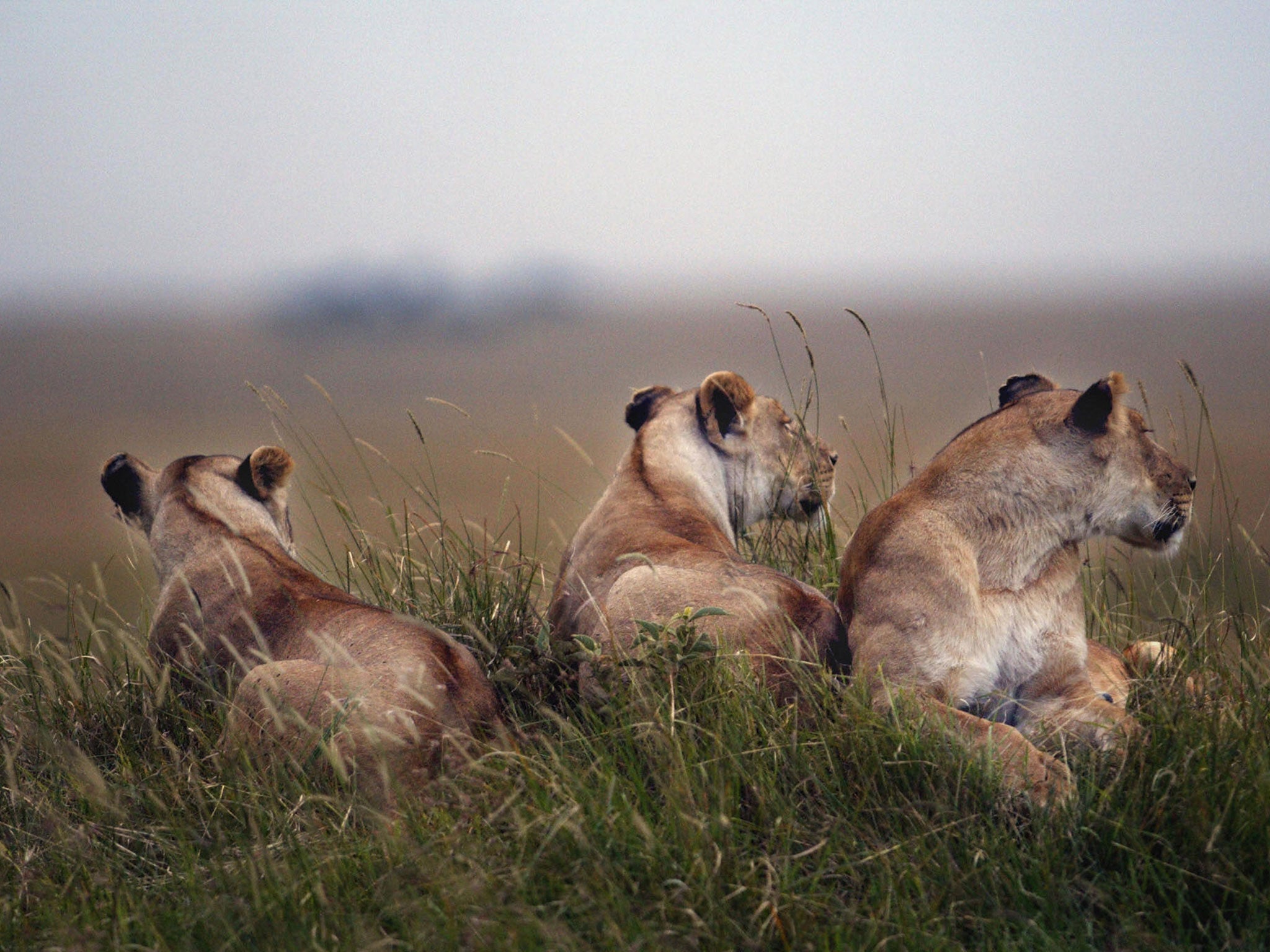Lion mauls woman to death despite being under care of man known as 'lion whisperer'
Kevin Richardson says he is 'deeply saddened and shocked' by the death of the woman

Your support helps us to tell the story
From reproductive rights to climate change to Big Tech, The Independent is on the ground when the story is developing. Whether it's investigating the financials of Elon Musk's pro-Trump PAC or producing our latest documentary, 'The A Word', which shines a light on the American women fighting for reproductive rights, we know how important it is to parse out the facts from the messaging.
At such a critical moment in US history, we need reporters on the ground. Your donation allows us to keep sending journalists to speak to both sides of the story.
The Independent is trusted by Americans across the entire political spectrum. And unlike many other quality news outlets, we choose not to lock Americans out of our reporting and analysis with paywalls. We believe quality journalism should be available to everyone, paid for by those who can afford it.
Your support makes all the difference.A lion which killed a woman in South Africa, was under the care of a man known as the “lion whisperer” because of his close relationship with the animals.
Kevin Richardson, a conservationist who keeps lions at his sanctuary in the Dinokeng Game Reserve said he and a colleague had been taking three lions out for a walk in the game reserve when one of them chased after an impala.
The creature then attacked the 22-year-old woman over a mile away from where it had first run off.
The unnamed victim had been visiting a friend at a campsite also owned by Mr Richardson. She had been working on a project and was reportedly taking photographs outside the camp when the attack occurred.
The game reserve is home to species including Africa’s so called “Big 5” - rhinoceros, buffalo, leopard, lion and elephant.
Mr Richardson said he was “deeply saddened and shocked” by the death of the woman.
“Myself and an experienced colleague took three lions walking in the reserve, as we do on a weekly basis, as part of their exercise and stimulation regiment," he wrote on his website,
"We assessed the landscape for other big 5 animals and as per procedure sent out a notification that we were walking in the reserve.
“One of the lionesses charged off after an Impala and must have run 2,0 to 2,5km where she encountered the 22-year-old. I am devastated and my heart goes out to this young woman’s family.”
A police investigation is now underway.
The victim had joined a friend who went to the camp for a “school project,” said spokeswoman Constable Connie Moganedi, adding: “When they were about to leave, the lioness attacked the young lady.”
The victim’s family is “traumatized,” she said.
The “intimate glam camp” with five tents is an hour’s drive from Johannesburg’s main international airport, according to Mr Richardson’s website.
The Dinokeng reserve's management said the woman was killed “within a conservation section that is not accessible to the general public” but lies within the reserve’s boundaries.
“The lion that was involved with this fatality was not one of the wild free-roaming lions of the Dinokeng Game Reserve,” they added.
Conservationists have previously said captive-bred lions lose their fear of people and should therefore not be released into the wild, partly because they pose a heightened threat to humans.
Mr Richardson said in an interview last year that he did not breed lions and that those on his 1,300-hectare (3,200-acre) property feed on donated carcasses of cattle and antelope.
He said he hoped his hands-on interaction with lions, including caressing and cavorting, would help to highlight the plight of Africa’s wild lions, whose numbers have plummeted over several decades.
Mr Richardson campaigns against the South African industry in which customers kill captive-bred lions in relatively confined areas.
He said many of the lions in his care were rescued from being transferred to facilities where the practice labelled by critics as “canned hunting” occurs.
AP contributed to this article
Join our commenting forum
Join thought-provoking conversations, follow other Independent readers and see their replies
Comments